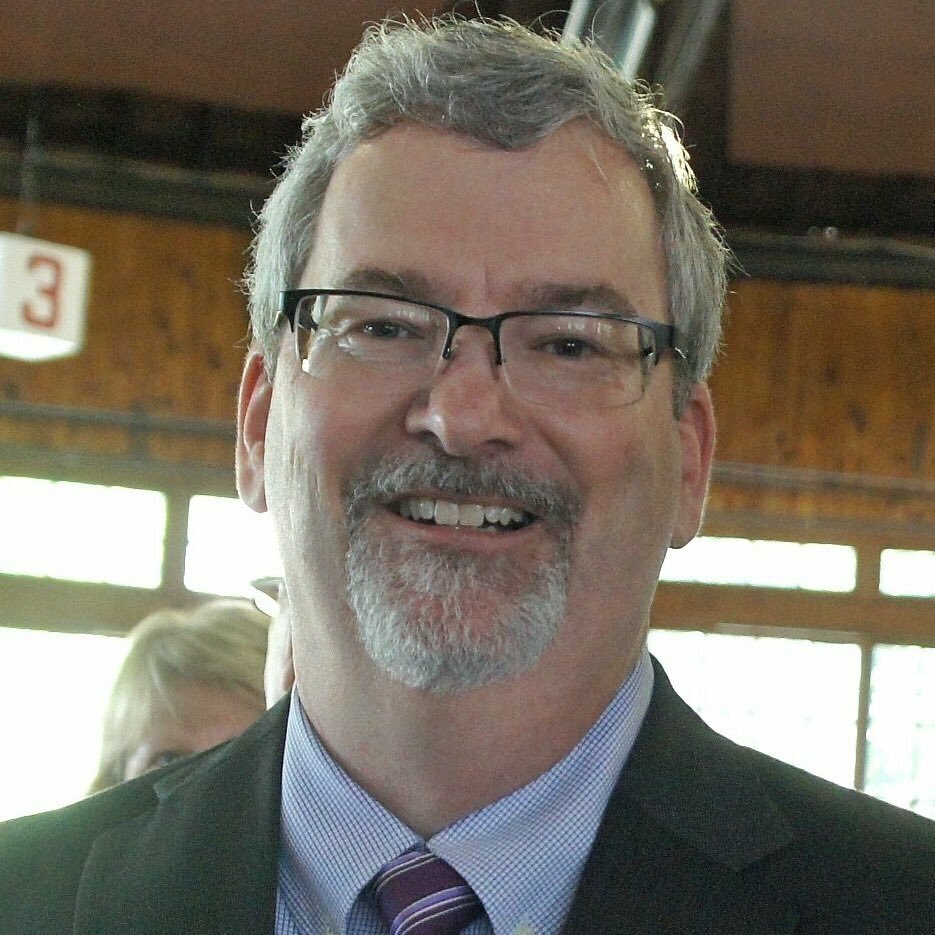May we all be united within the same ‘ducas’
Anyone who knows me knows how much I love Ireland and travel there when I can. I think it comes from my appreciation of how Ireland became a Christian country and remained one, even though they were quite isolated from the rest of the Church in Europe. Because of this their Christian approach and lifestyles in the faith were somewhat different from the “normal” Christian, and thus Celtic Christianity was born. Still the same Jesus, but different bents on faith, community, and being the image of God.
In the Irish language, there is a word that captures the understanding of being of the Body of Christ and belonging to Jesus: dúċas. Like most languages, words do not always translate neatly, but generally dúċas means: one's native place, where you belong, or where you have always belonged. There is a phrase, "Ag fillead ar do dúċas," which means returning to your native place, and also "the recovery/rediscovery of who you are."
But dúċas also goes a little deeper: it can also refer to one's purest or deepest nature, our "gut" feeling or pure instinct - as opposed to our PRIMAL feelings and instinct. In the Christian's case that is our nature in Christ, our essence in Christ. That which is left when the baptismal waters wash over us and allow us to be beyond a primal individual and instead be one of the Body of Christ.
Irish spiritual writer John O'Donohue writes that when we allow ourselves and our minds to lose our rootage, we revert to fundamentalism: a false longing and forced belonging. Such reinforces that “I wish it was like the good ole' days” feeling. I remember as a small boy asking my father to tell me about the Good ‘Ole Days and was quickly told, "They weren't always that good." O'Donohue writes:
"[Fundamentalism is] a false certainty [that] can only endure through the belief that everyone else is wrong. It is not surprising that such fundamentalism desires power in order to implement its vision and force the others to do as prescribed. Fundamentalism is dangerous and destructive. There is neither acceptance nor generosity in its differences with the world. It presumes to know the truth that everyone should follow. There is often an over-cosyalliance between fundamentalism and official religion. Disillusioned functionaries sometimes see fundamentalism as the true remnant which has succeeded in remaining impervious to the virus of pluralism... Blind loyalty replaces critical belonging..."
The good news: "There is a Providence that brought us here and gave us to each other at this time. In and through us, a greater tapestry of creativity is being woven. It is difficult for us to envisage this. We live such separate and often quite removed lives. Yet behind all the seeming separation a deeper unity anchors everything." (John O'Donohue, Eternal Echoes, pp. 253-258)
For us to live as a community, we must choose to prioritize the things we agree upon, rather than that which separates us. To quote Patrick Henry, “United we stand, divided we fall. Let us not split into factions which must destroy that union upon which our existence hangs.”
May we all find our dúċas and know that we belong, and belong to each other, in Christ.
Sky McCracken is the senior pastor at First United Methodist Church of Jackson.






